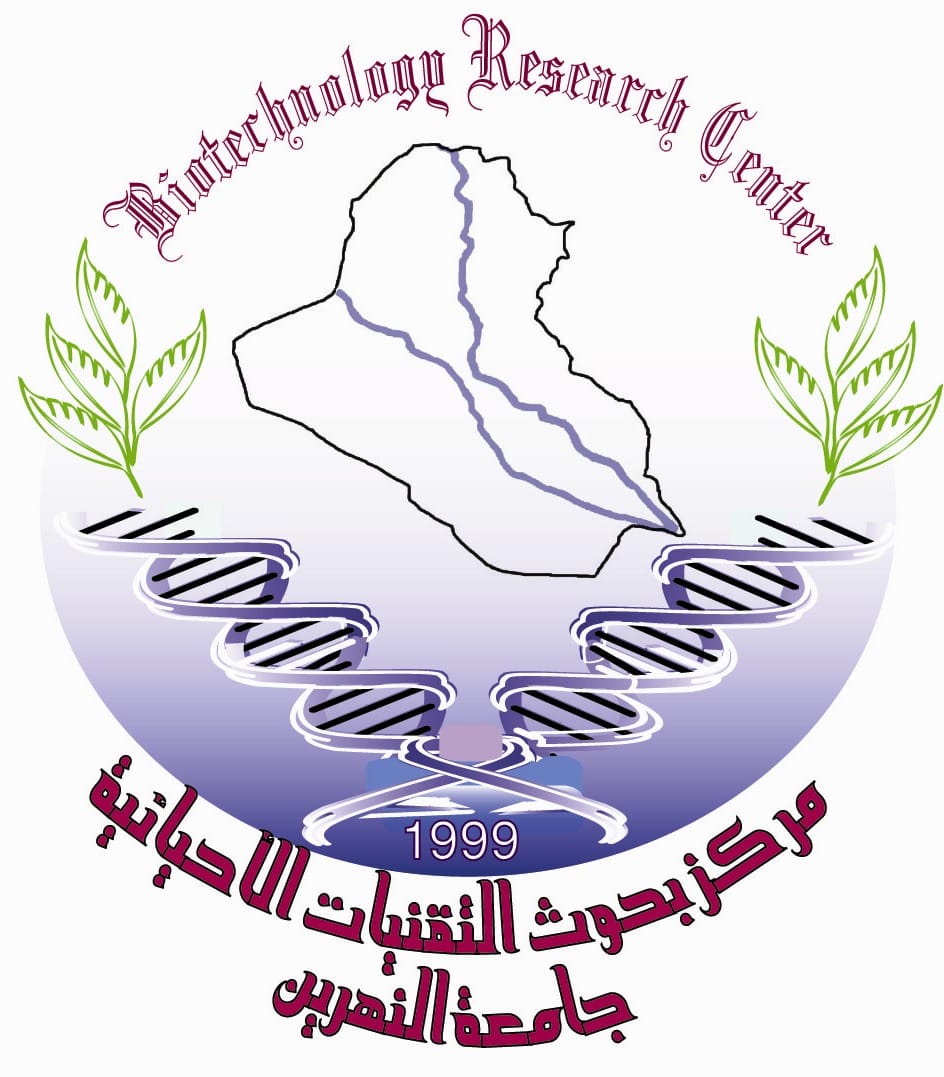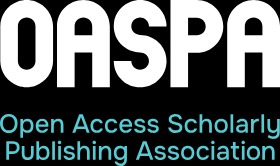The effect of the phenolic and other active compounds of the alcohol and acid extracts of cinnamon on some of the Biochemical Parameters of induced diabetes mellitus
DOI:
https://doi.org/10.24126/jobrc.2015.9.1.398Keywords:
cinnamon, phenolic compound and active compounds extract, detection for active compounds, Diabetes, induced diabetes, biochemical testsAbstract
The phenolic compound and other active compounds were extracted from cinnamon, in an
attempt to produce a drug from Medical and herbal Plants for the diabetes on rats. The
extraction process included two methods the first carrid out with 2% v/v acetic acid and
propanol, and in the second process 70% v/v ethanol and chloroform were used. In the detection
of extracts it was noticed that both conteined phenols, flavonoids, tannins and Glycosides and
Coumarins, while the saponin showed up only in the alcoholic extract of cinnamon. The phenolic
compounds in the extracts of cinnamon were determined by using Ultraviolet Spectroscopy (UV)
and other function groups such as phenols, aldehyedes, estars, hydrocarbons, alcohols and
carboxylic compounds were diagnosed by using Infrared spectroscopy (IR). The study of the half
lethal dose (midl lethal) (LD50) was also examined by testing the toxicity of the two cinnamon
2015 مجلة مركز بحوث التقنيات االحيائية المجلد التاسع- العدد االول
42
extracts. Rats were used as laboratory animals in conducting the experiments. The rats were fed
by the dose (100, 200, 300,400, 500 mg / kg of body weight). The results have shown that there is
no toxic effect in the cinnamon extracts. Similar concentrations were used to determine the
effective dose of the extracts in reducing the level of glucose in the blood of healthy animals. The
dose (300) mg / kg of body weight of the animal body has proved to be the the most efficient as it
decreased. The fasting glucose (Glu) serum consider by following of the cinnamon extracts with
the adopted groups during the duration of (30) days in comparison with the control group (the
infected) and outperformed the treated given Glibenelinide (daonil) group. The biochemical tests
showed that the serum concentrations of each of cholesterol (TC),Triglyceride (TG), low density
lipoprotein (LDL-C) was lowered in each of the groups treated with both cinnamon extracts in
comparison with the positive groups (infected) throughout the duration (30) days and overcome
the daonil treated group. However the serum high density lipoprotein (HDL-C) level was
increased in cinnamon extract treated groups and decreased in the control group (infected).
The serum concentrations of enzymes (GOT) and (GPT) were measured to test the liver function
after where their levels were lowered after (30) days in the cinnamon extracts administered
groups compared with the two other groups, the control (positive) and the Daonil. The Urea and
Creatinine levels were measured to determine or test the kidney functions, where it was observed
as from the early days of the infection in that animals infected by induced diabetes developed
symptoms of the illness, apparent in the high levels of urine which affected the functions of
kidney, but the long duration (30 days) of treatment with these extracts of cinnamon proved their
efficiency over the control group (positive).
Downloads
Published
How to Cite
Issue
Section
License
This is an Open Access article distributed under the terms of the creative commons Attribution (CC BY) 4.0 license which permits unrestricted use, distribution, and reproduction in any medium or format, and to alter, transform, or build upon the material, including for commercial use, providing the original author is credited.











